There are those hugely popular Verdi operas, which are constantly performed all over the world – and then there are those rare gems such as I Lombardi. The libretto of this story, set in the age of the Crusades, was written by the same Temistocle Solera to whom we can thank the libretti of five Verdi operas in total, including Nabucco and Attila. In the following conversation with conductor Ivan Repušić, these two operas are mentioned too, among many more interesting facts. The Croatian-born conductor has led the Munich Radio Orchestra since 2017, and will be joined by the Bavarian Radio Choir and ten outstanding soloists for a concert performance of I Lombardi on 26 April.
Soon you will be conducting I Lombardi by Verdi. What do you think about this piece? Why isn’t it played more often?
I Lombardi is the fourth opera by Giuseppe Verdi, written barely a year after the great triumph of Nabucco at La Scala. You could say that the two operas are “twins”. They are about religion, patriotism, two nations at war, and family conflicts. Impressive choral scenes dominate in both operas. Verdi was a “father of choruses”. He is a popular composer whose early works fuelled the Italian struggle for freedom against Austria. I guess that might be a reason why they are not very often played. The glorification of a religiously motivated war of aggression does not exactly invite staging.
The music is magnificently written with many wonderful choral scenes, rhythmic march songs, patriotic prayers, hymn-like longing melodies with large arches (for instance, O Signore dal tetto natio) to small, ethereal instrumentation and floating harmonies (Prayer of Giselda Salve Maria, Love Duet Giselda Oronte, Baptism Scene/Terzett with a large violin solo or Dream Vision of Giselda, Scene of Hermit in the Cave).
Where did the idea to perform I Lombardi come from? Who and how brought the performers together?
There are several reasons: the earlier Verdi operas are rarely performed at the major houses. However, the line-up of the Munich Radio Orchestra is optimal for these works and at the beginning of my tenure as chief conductor I decided to organise a cycle of operas by the younger Verdi in Munich. So far we have performed Luisa Miller, I due Foscari (with a guest concert in Budapest!) and Attila, and recorded them live for the BR Klassik label.
I Lombardi was originally planned for 2020, but because of the Covid-19 pandemic, we had to wait three years. All the greater is our joy now to be able to do this great work, with our wonderful BR Choir and the outstanding soloists. The Munich Radio Orchestra has such outstanding expertise and tradition in the field of opera to bring out the special beauty and subtleties of this work.
Do you often conduct Romantic music? What are your favourite pieces?
Yes, I very much enjoy conducting late Romantic music – I just have so many favourite pieces that it’s hard for me to choose.
What is different for you (or for conductors in general) about conducting in a concert performance than in a staged opera performance?
Here, you are totally concentrated on the music. Of course, there is a difference between experiencing a staged and concert opera performance, but for a rarity like I Lombardi, it is very rewarding to experience this great music in a concert form.

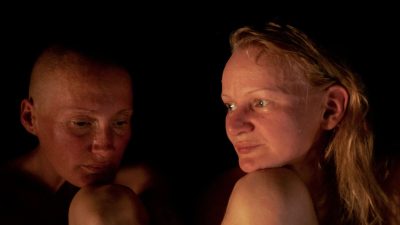
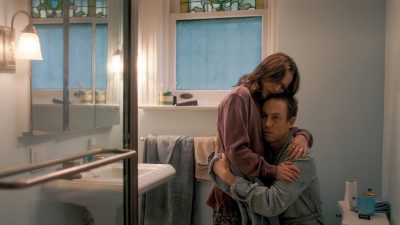

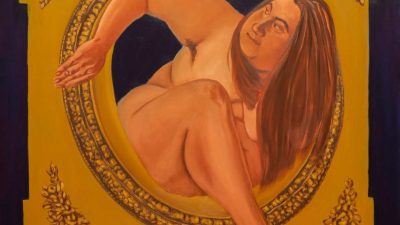
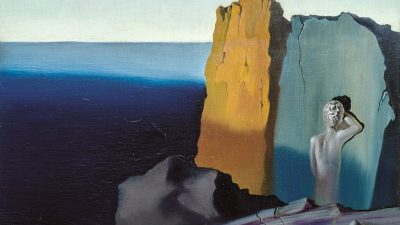



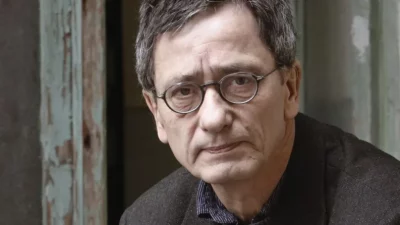



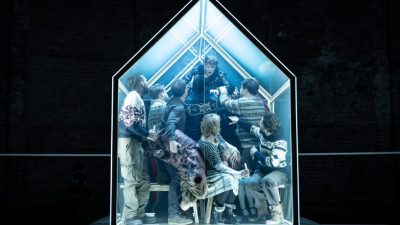
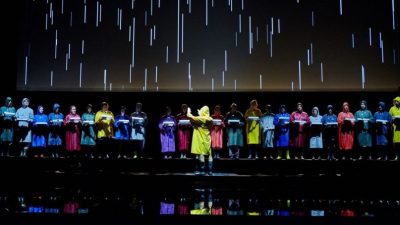





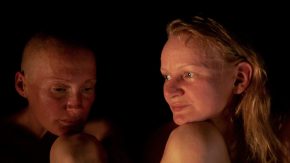


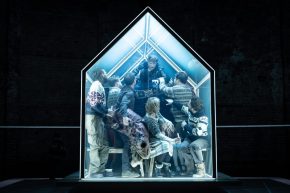


Comments